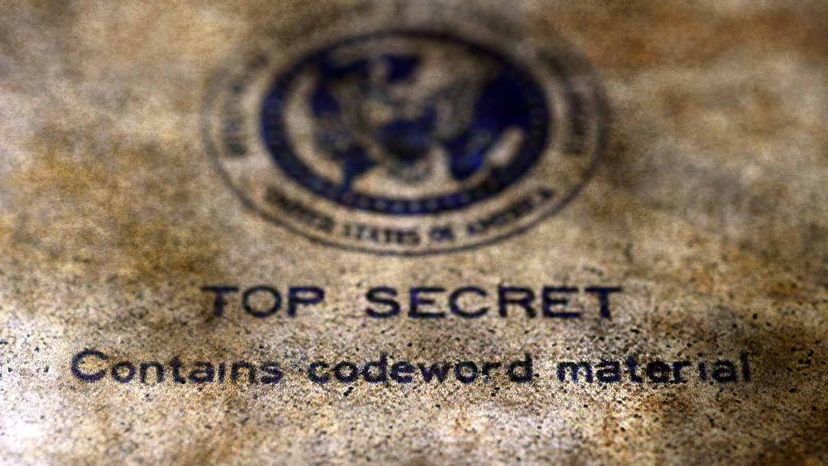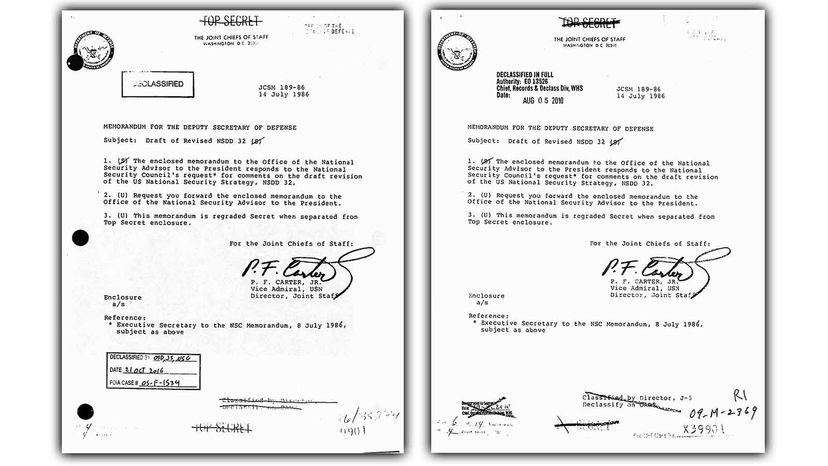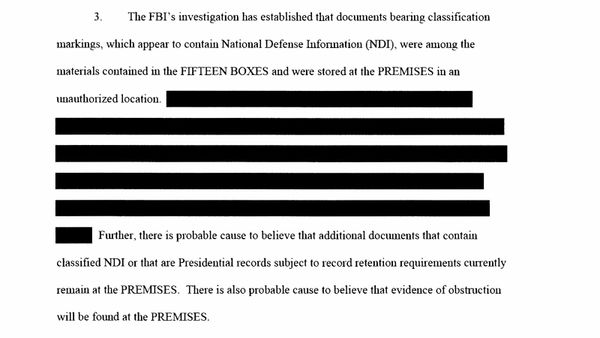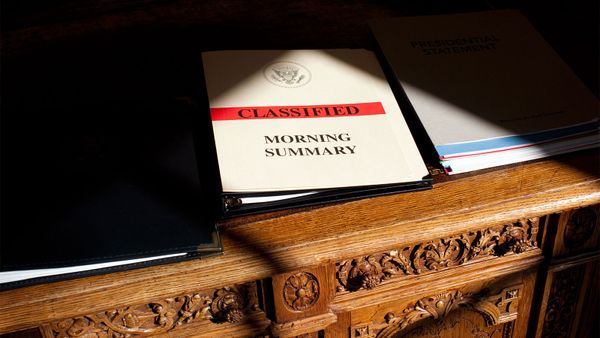
Before coming to academia, I worked for many years as an analyst at both the State Department and the Department of Defense.
I held a top-secret clearance, frequently worked with classified information and participated in classified meetings. Classified information is that which a government or agency deems sensitive enough to national security that access to it must be controlled and restricted. For example, I dealt with information related to weapons of mass destruction and their proliferation.
Advertisement
Handling written classified information is generally straightforward. Documents are marked indicating classification levels. It is sometimes more difficult to remember, however, whether specific things heard or learned about in meetings or oral briefings are classified. Government employees sometimes reveal classified details accidentally in casual conversations and media interviews. We may not hear about it because it's not in the interviewee's or employee's interest to point it out after the fact, or he or she may not even realize it at the time.
In 1991, Sen. David Boren accidentally revealed the name of a clandestine CIA agent during a news conference. At the time, Boren was no less than chairman of the Senate Select Committee on Intelligence.
Not all revelations of classified details are Earth-shattering, like nuclear launch codes. Many are rather mundane. A former colleague of mine who was a retired CIA analyst used to tell his students he would never knowingly, but almost certainly would inadvertently, share a tidbit of classified information in the classroom. It is very difficult to remember many "smaller" details that are sensitive.
Dealing with large amounts of classified information over a career increases the possibility of accidentally sharing a small nugget. Sharing classified information knowingly, or revealing information one should know is sensitive, is a different matter.
Here's how the system of classification works.
Advertisement


